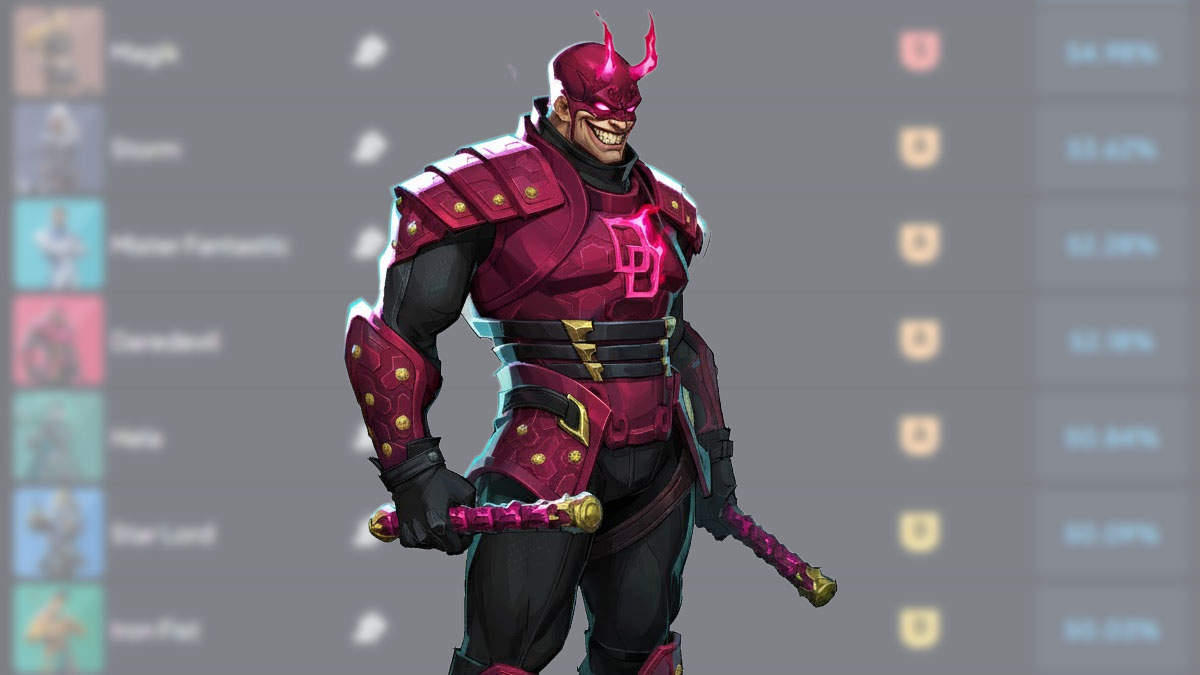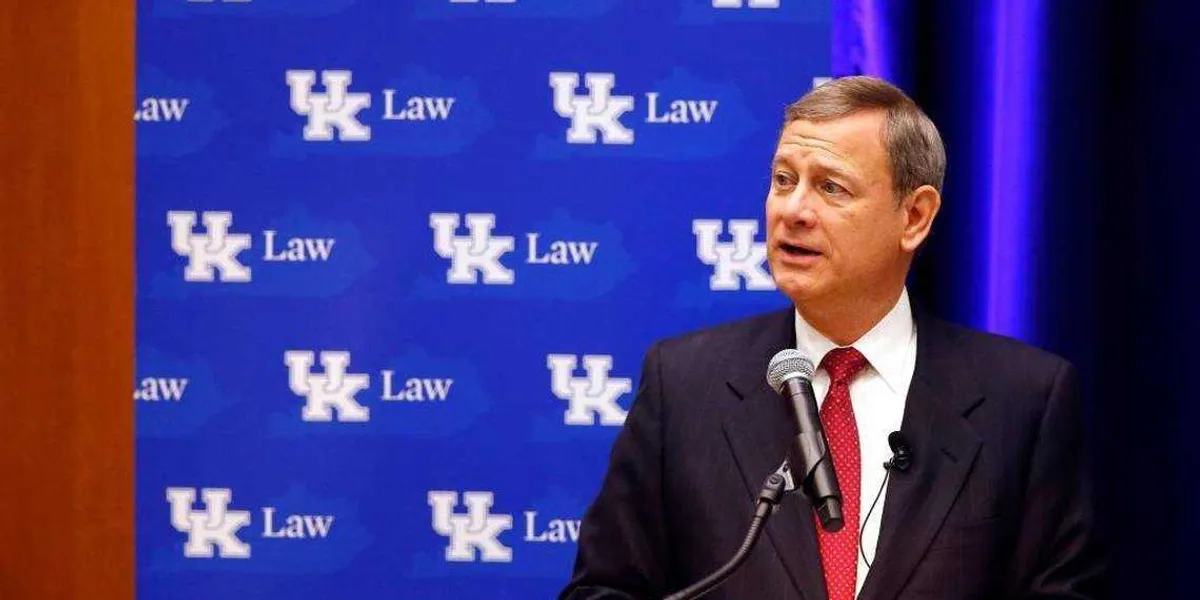Copyright Charleston Post and Courier

MOUNT PLEASANT — Will Haynie held an significant early lead against opponent Curt Thomas as results trickled in Nov. 4 in the race for mayor of South Carolina’s fourth-largest municipality. With 60 percent of precincts reporting, 59 percent of ballots cast were in favor of Haynie. Thomas trailed with 40 percent. Unofficial election night reports show the incumbent mayor was favored among early and absentee voters. Haynie earned 60 percent of early and absentee ballots. Thomas earned around 40 percent. As the polls closed Nov. 4, people wearing the bright green stickers bearing Haynie’s name filed into Saltwater Cowboys on Shem Creek for an election night party. Supporters in coats and gloves to fend off a light chill in the air sipped on glasses of wine and mingled with Haynie, who greeted constituents with hugs and smiles. A handful of candidates for Town Council joined the party, including Mike Tinkey, Gary Santos and Alex Crosby. “If the voters at the end of the night choose to send me back, that will be very encouraging that my ideas and my vision for the town are in step with the people of Mount Pleasant,” Haynie said. Results came in slowly from the town’s 40 precincts. Around 8:30 p.m., Thomas remained positive about the outcome of the race. “I feel that the entire community of Mount Pleasant stands poised and proud, … ready to celebrate the victory we believe is coming,” Thomas said. Haynie was elected mayor in 2017. Haynie raised over $90,000 for his third mayoral run, campaign disclosure reports show, dwarfing Thomas’s fundraising efforts more than ten times over. Donations poured in largely from Mount Pleasant residents, with some donors from in and around Charleston and the Upstate. Haynie also scooped up several endorsements along the campaign trail, including five council members as well as state Sen. Chip Campsen and Rep. Joe Bustos, a former town councilman. His platform priorities included traffic management, conserving green space and maintaining quality of life. On the campaign trail, he leaned heavily on the successes of his last two terms. One of his first-term goals was to curb the rapid growth Mount Pleasant was experiencing in the last decade. Haynie helped install the building permit allocation system, which limits residential permits available for new construction on a five-year cycle. He also voted several times to extend a multifamily moratorium that restricted new apartments, condos and townhome complexes from being built. Haynie also pointed to the town’s efforts to halt development on the Republic tract, the last piece of undeveloped waterfront property in Mount Pleasant, as another tactic to slow growth. The town has been tied up in a lawsuit with the landowners for several years, preventing thousands of homes from being constructed on the parcel. He touted the ongoing efforts to improve traffic and mobility in town via Mount Pleasant Way, a connected network of trails, sidewalks and bike paths. In a candidate forum on Oct. 23, Haynie called it a legacy project that will allow people to get outside and “enjoy the beauty of Mount Pleasant.” Haynie didn’t shy away from criticizing his opponent in the weeks leading up to the election. He called out Thomas on social media for failing to file campaign finance reports. Thomas, who called for more transparency in town government, attributed the late filing to a health emergency within his campaign team. Thomas later filed both an initial report and a pre-election report with the South Carolina Ethics Commission.



